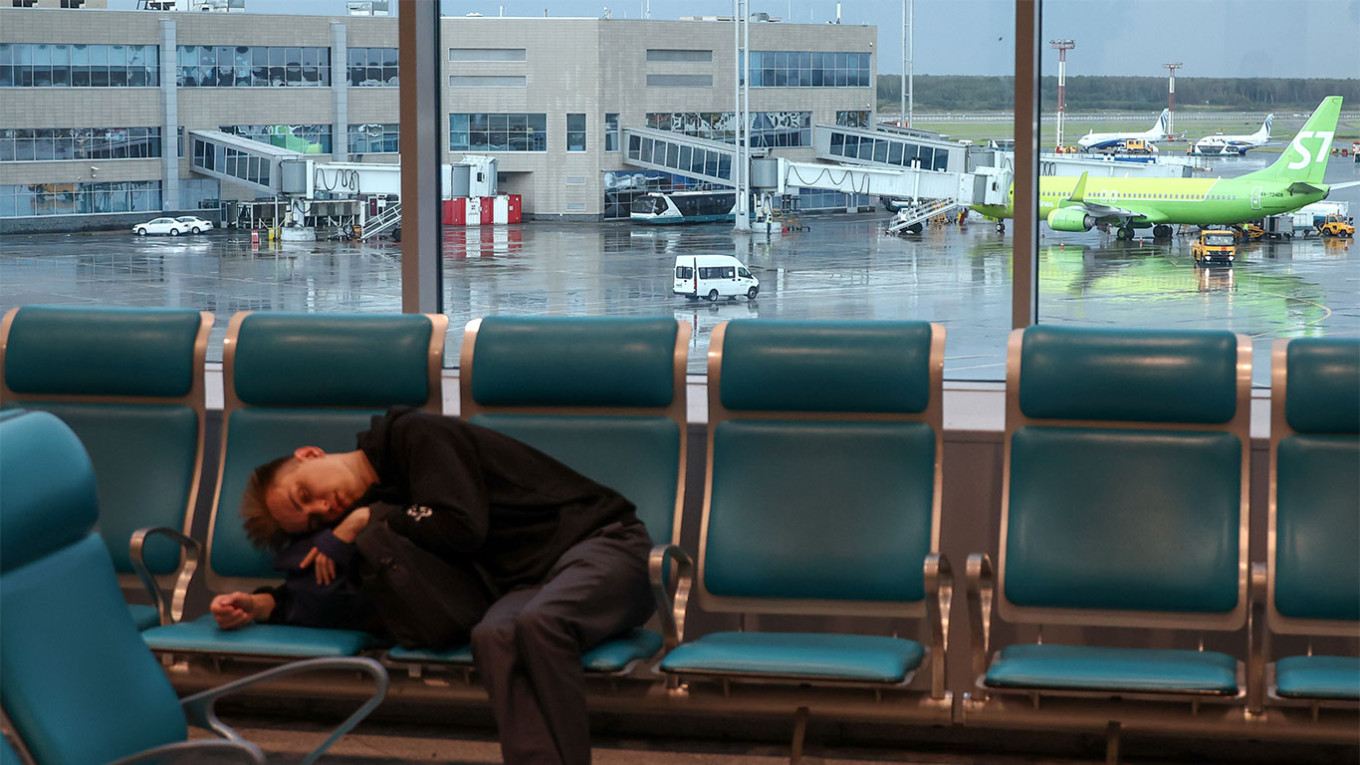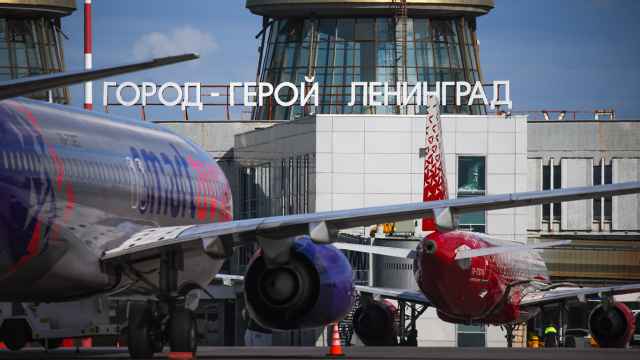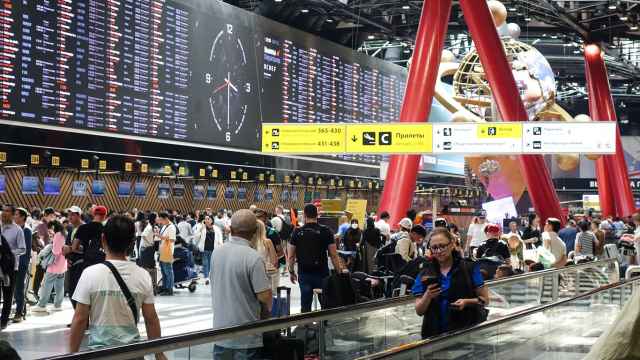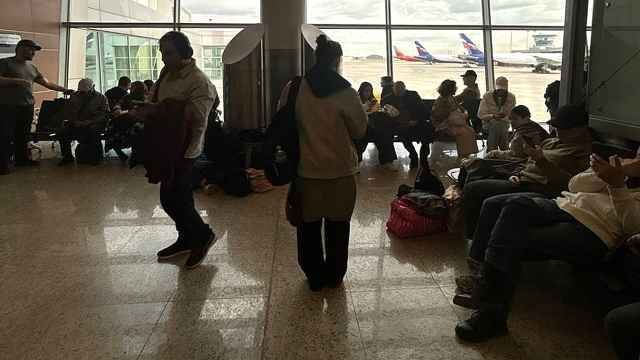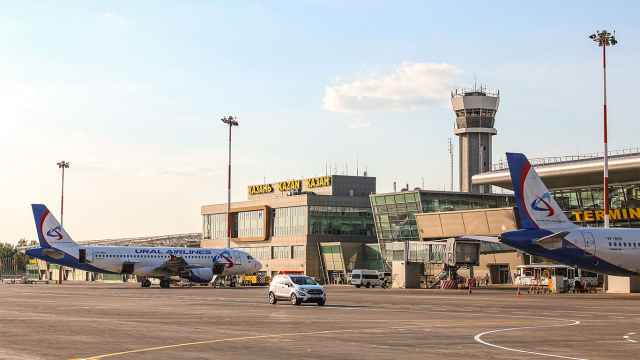Russians have faced increasing disruptions to their summer travel plans as near-daily drone attacks on Moscow have prompted airports in the surrounding area to introduce temporary closures and flight restrictions.
The closures prompted by the drone incidents, which authorities blame on Kyiv, are the latest impact of Moscow’s 18-month war on Ukraine on ordinary Russians.
All major airports in the Russian capital were briefly closed overnight amid reports of a fresh wave of drone strikes, the state-run TASS news agency reported, citing aviation authorities.
Safety concerns stemming from drone activities prompted authorities to declare a Kover (“Carpet”) regime at all Moscow airports, media reported Wednesday.
This regime, which is activated when an unidentified object is detected in the sky, forces the immediate landing or withdrawal of all civilian aircraft from the zone of danger.
All major airports serving the Russian capital were closed for the first time last Friday, with the Vnukovo, Domodedovo, Sheremetyevo, and Zhukovsky airports’ operations halted due to drone activity.
Although all air terminals resumed operations shortly after the most recent closure on Wednesday, the near-daily flight restrictions at the capital’s air transit hubs sparked sarcastic reactions from Telegram users, who pointed to the disconnect between the official portrayal of the situation in Russia and reality.
“They said on TV that everything is fine, the ruble beat everyone, Russia is ahead… What is happening, then?” one user said.
“Why are you panicking? The special military operation is going according to plan, there are no losses!” another wrote.
“Awesome, children of deputies may not be able to fly to enemy countries now,” one user wrote.
Experts said the consequences of a plane hitting a drone depend on the size of the drone, with only minor damage if it weighs a few hundred grams.
“The key is to prevent the drone from entering the engine; otherwise, costly repairs will be required,” Oleg Panteleev, the executive director of the AviaPort agency, said in an interview with the MSK1.ru media outlet. “If we're talking about heavier drones, the consequences could be catastrophic.”
Still, the risks to air travel posed by drones tend to be exaggerated by the media, according to Ilya Shatilin, chief editor of the Frequentflyers.ru portal.
"These are the times: drones fly, including in Moscow. But there are special services that prevent such things. Our country has a lot of experience in this regard. Flying is no scarier than living," Shatilin told MSK1.ru.
A Message from The Moscow Times:
Dear readers,
We are facing unprecedented challenges. Russia's Prosecutor General's Office has designated The Moscow Times as an "undesirable" organization, criminalizing our work and putting our staff at risk of prosecution. This follows our earlier unjust labeling as a "foreign agent."
These actions are direct attempts to silence independent journalism in Russia. The authorities claim our work "discredits the decisions of the Russian leadership." We see things differently: we strive to provide accurate, unbiased reporting on Russia.
We, the journalists of The Moscow Times, refuse to be silenced. But to continue our work, we need your help.
Your support, no matter how small, makes a world of difference. If you can, please support us monthly starting from just $2. It's quick to set up, and every contribution makes a significant impact.
By supporting The Moscow Times, you're defending open, independent journalism in the face of repression. Thank you for standing with us.
Remind me later.


